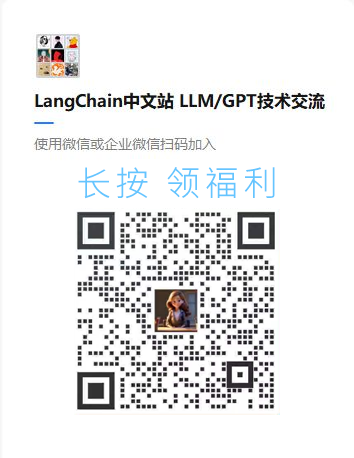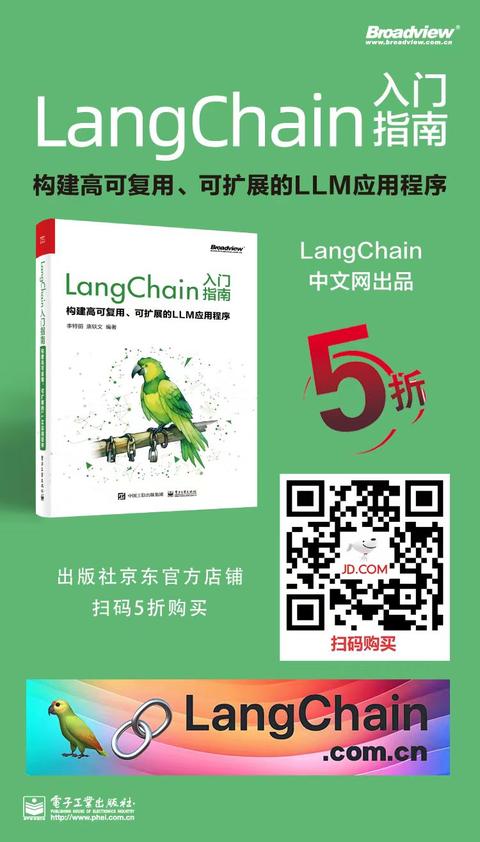Amazon Neptune与SPARQL
Amazon Neptune 是一个高性能图形分析和无服务器数据库,具有卓越的可扩展性和可用性。
此示例展示了一个QA链,它查询资源描述框架 (RDF) 数据 在一个
Amazon Neptune图数据库中,使用SPARQL查询语言并返回人类可读的响应。SPARQL 是
RDF图的标准查询语言。
此示例使用NeptuneRdfGraph类连接到Neptune数据库并加载其架构。
NeptuneSparqlQAChain用于连接图和大型语言模型,以提出自然语言问题。
此笔记本演示了使用组织数据的示例。
运行此笔记本的要求:
- 可从此笔记本访问的 Neptune 1.2.x 集群
- Python 3.9 或更高版本的内核
- 对于 Bedrock 访问,确保 IAM 角色具有此策略
{
"Action": [
"bedrock:ListFoundationModels",
"bedrock:InvokeModel"
],
"Resource": "*",
"Effect": "Allow"
}
- S3 存储桶用于暂存示例数据。该存储桶应与 Neptune 在同一账户/区域内。
设置
初始化 W3C 组织数据
初始化 W3C 组织数据,W3C 组织本体及一些实例。
您需要��在同一地区和账户中创建一个 S3 存储桶。将 STAGE_BUCKET 设置为该存储桶的名称。
STAGE_BUCKET = "<bucket-name>"
%%bash -s "$STAGE_BUCKET"
rm -rf data
mkdir -p data
cd data
echo getting org ontology and sample org instances
wget http://www.w3.org/ns/org.ttl
wget https://raw.githubusercontent.com/aws-samples/amazon-neptune-ontology-example-blog/main/data/example_org.ttl
echo Copying org ttl to S3
aws s3 cp org.ttl s3://$1/org.ttl
aws s3 cp example_org.ttl s3://$1/example_org.ttl
批量加载组织 ttl - 包括本体和实例
%load -s s3://{STAGE_BUCKET} -f turtle --store-to loadres --run
%load_status {loadres['payload']['loadId']} --errors --details
设置链
!pip install --upgrade --quiet langchain langchain-community langchain-aws
** 重启内核 **
准备一个示例
EXAMPLES = """
<question>
Find organizations.
</question>
<sparql>
PREFIX rdf: <http://www.w3.org/1999/02/22-rdf-syntax-ns#>
PREFIX rdfs: <http://www.w3.org/2000/01/rdf-schema#>
PREFIX org: <http://www.w3.org/ns/org#>
select ?org ?orgName where {{
?org rdfs:label ?orgName .
}}
</sparql>
<question>
Find sites of an organization
</question>
<sparql>
PREFIX rdf: <http://www.w3.org/1999/02/22-rdf-syntax-ns#>
PREFIX rdfs: <http://www.w3.org/2000/01/rdf-schema#>
PREFIX org: <http://www.w3.org/ns/org#>
select ?org ?orgName ?siteName where {{
?org rdfs:label ?orgName .
?org org:hasSite/rdfs:label ?siteName .
}}
</sparql>
<question>
Find suborganizations of an organization
</question>
<sparql>
PREFIX rdf: <http://www.w3.org/1999/02/22-rdf-syntax-ns#>
PREFIX rdfs: <http://www.w3.org/2000/01/rdf-schema#>
PREFIX org: <http://www.w3.org/ns/org#>
select ?org ?orgName ?subName where {{
?org rdfs:label ?orgName .
?org org:hasSubOrganization/rdfs:label ?subName .
}}
</sparql>
<question>
Find organizational units of an organization
</question>
<sparql>
PREFIX rdf: <http://www.w3.org/1999/02/22-rdf-syntax-ns#>
PREFIX rdfs: <http://www.w3.org/2000/01/rdf-schema#>
PREFIX org: <http://www.w3.org/ns/org#>
select ?org ?orgName ?unitName where {{
?org rdfs:label ?orgName .
?org org:hasUnit/rdfs:label ?unitName .
}}
</sparql>
<question>
Find members of an organization. Also find their manager, or the member they report to.
</question>
<sparql>
PREFIX org: <http://www.w3.org/ns/org#>
PREFIX foaf: <http://xmlns.com/foaf/0.1/>
select * where {{
?person rdf:type foaf:Person .
?person org:memberOf ?org .
OPTIONAL {{ ?person foaf:firstName ?firstName . }}
OPTIONAL {{ ?person foaf:family_name ?lastName . }}
OPTIONAL {{ ?person org:reportsTo ??manager }} .
}}
</sparql>
<question>
Find change events, such as mergers and acquisitions, of an organization
</question>
<sparql>
PREFIX org: <http://www.w3.org/ns/org#>
select ?event ?prop ?obj where {{
?org rdfs:label ?orgName .
?event rdf:type org:ChangeEvent .
?event org:originalOrganization ?origOrg .
?event org:resultingOrganization ?resultingOrg .
}}
</sparql>
"""
<!--IMPORTS:[{"imported": "NeptuneSparqlQAChain", "source": "langchain_community.chains.graph_qa.neptune_sparql", "docs": "https://python.langchain.com/api_reference/community/chains/langchain_community.chains.graph_qa.neptune_sparql.NeptuneSparqlQAChain.html", "title": "Amazon Neptune with SPARQL"}, {"imported": "NeptuneRdfGraph", "source": "langchain_community.graphs", "docs": "https://python.langchain.com/api_reference/community/graphs/langchain_community.graphs.neptune_rdf_graph.NeptuneRdfGraph.html", "title": "Amazon Neptune with SPARQL"}]-->
import boto3
from langchain_aws import ChatBedrock
from langchain_community.chains.graph_qa.neptune_sparql import NeptuneSparqlQAChain
from langchain_community.graphs import NeptuneRdfGraph
host = "<your host>"
port = 8182 # change if different
region = "us-east-1" # change if different
graph = NeptuneRdfGraph(host=host, port=port, use_iam_auth=True, region_name=region)
# Optionally change the schema
# elems = graph.get_schema_elements
# change elems ...
# graph.load_schema(elems)
MODEL_ID = "anthropic.claude-v2"
bedrock_client = boto3.client("bedrock-runtime")
llm = ChatBedrock(model_id=MODEL_ID, client=bedrock_client)
chain = NeptuneSparqlQAChain.from_llm(
llm=llm,
graph=graph,
examples=EXAMPLES,
verbose=True,
top_K=10,
return_intermediate_steps=True,
return_direct=False,
)
提问
取决于我们上面摄取的数据
chain.invoke("""How many organizations are in the graph""")
chain.invoke("""Are there any mergers or acquisitions""")
chain.invoke("""Find organizations""")
chain.invoke("""Find sites of MegaSystems or MegaFinancial""")
chain.invoke("""Find a member who is manager of one or more members.""")
chain.invoke("""Find five members and who their manager is.""")
chain.invoke(
"""Find org units or suborganizations of The Mega Group. What are the sites of those units?"""
)

